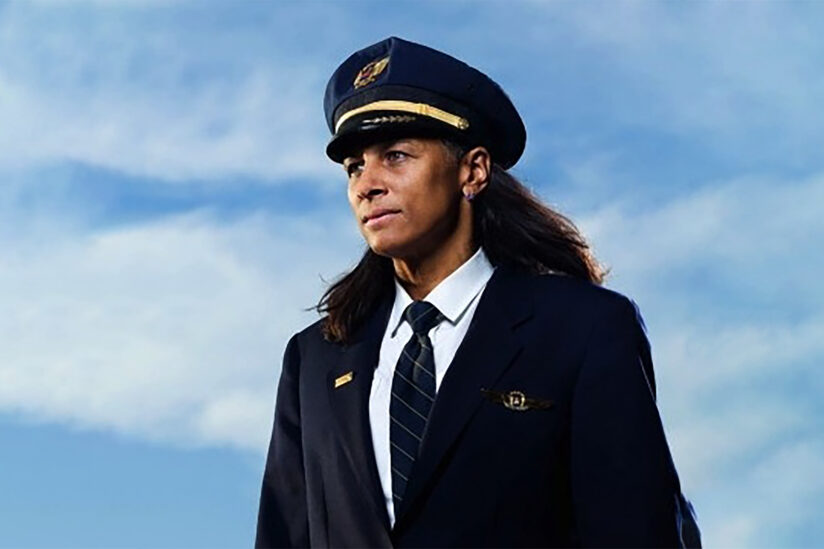The former USC basketball player says of the landmark legislation, “It really did make such a huge difference.”
Editor’s note: Title IX — the landmark legislation that prohibits sex discrimination in educational institutions that receive federal funding — was signed into law on June 23, 1972. In recognition of this anniversary, we’ll be profiling Trojan Title IX trailblazers throughout the year.
M’lis Ward didn’t realize the impact of Title IX while she was earning her degree from the USC Marshall School of Business. The woman who would go on to make history as a U.S. Air Force flight instructor and United Airlines pilot was focused on her studies and busy as a reserve forward for the Trojans’ legendary women’s basketball teams that won back-to-back national championships in 1983 and 1984.
“Title IX was just never mentioned, and I think being on a championship team at USC partly contributed to that,” Ward said. “Our games were sold out, and it felt like everyone wanted this team.”
But just a decade earlier, there were only five women’s sports teams at USC and very little funding. Groundbreaking USC athletics administrator Barbara Hedges was successful in more than doubling the number of women’s sports and providing scholarships due to the opportunities made possible by Title IX. The landmark law prohibits sex-based discrimination in any school or other educational program receiving federal funding.
Since her days as a student, Ward has learned her Title IX history well, and she recognizes the law’s impact on her college experience and beyond. She described the legislation that was signed into law 50 years ago last June as “one of the most important milestones in the history of women’s athletics.”
“I’m so grateful to all the women who really fought for Title IX because my life would have been so different,” she said. “I hope it’s something that we always celebrate because it really did make such a huge difference for the women of my generation.”
